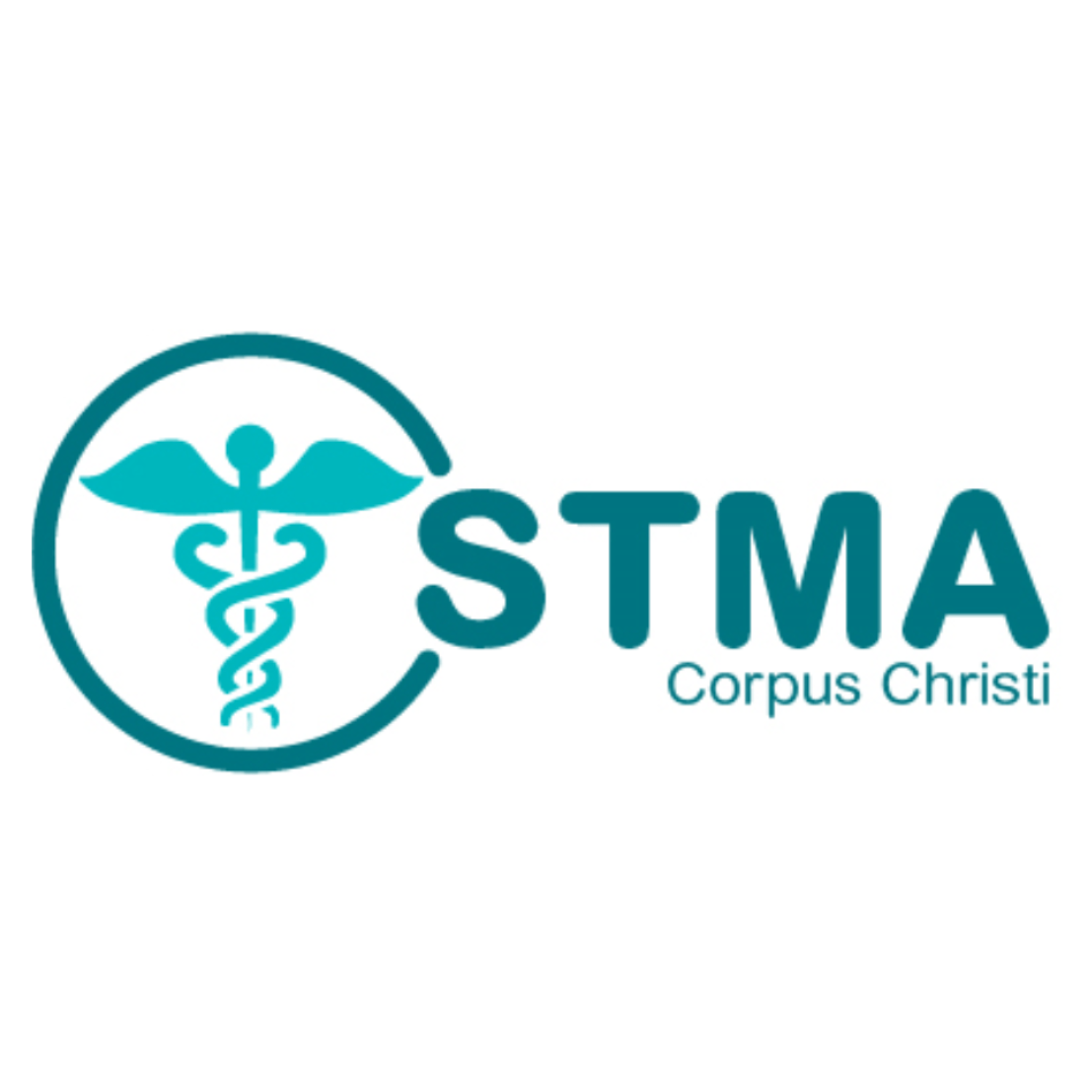Regular health screenings are crucial for maintaining optimal health and preventing potential medical issues from escalating. These screenings help identify risk factors early on, allowing for timely intervention and management. Whether you’re in your twenties or approaching retirement, staying proactive about your essential health by scheduling regular screenings is essential. Here are ten essential health screenings that everyone should prioritize in their healthcare routine.
Blood Pressure Screening:
High blood pressure, also known as hypertension, is often referred to as the “silent killer” because it typically presents no symptoms until it causes severe complications such as heart disease or stroke. Regular blood pressure screenings, typically performed during routine visits to your primary care provider, help detect any abnormalities early on. According to the American Heart Association, adults should have their blood pressure checked at least once every two years if their blood pressure is normal (less than 120/80 mmHg), and more frequently if it’s elevated or if they have other risk factors.
Cholesterol Panel:
Monitoring your cholesterol levels is crucial for assessing your risk of heart disease and stroke. A cholesterol panel typically measures total cholesterol, HDL (good) cholesterol, LDL (bad) cholesterol, and triglycerides. Your primary care provider may recommend this screening based on your age, family history, and lifestyle factors. According to the Centers for Disease Control and Prevention (CDC), adults aged 20 years and older should have their cholesterol checked every four to six years.
Blood Glucose Test:
Diabetes is a chronic condition characterized by high blood sugar levels that can lead to various complications if left unmanaged. A blood glucose test helps diagnose diabetes or prediabetes early, allowing for timely intervention. The American Diabetes Association recommends that adults aged 45 and older should undergo a blood glucose test every three years, especially if they are overweight or have other risk factors.
Colorectal Cancer Screening:
Colorectal cancer is the third most common cancer diagnosed in both men and women in the United States. Regular screenings can help detect precancerous polyps or early-stage cancer when treatment is most effective. The American Cancer Society recommends that adults at average risk for colorectal cancer begin screening at age 45 using either a stool-based test or a visual exam such as colonoscopy, and continue regular screenings thereafter.
Breast Cancer Screening:
Breast cancer is the most common cancer among women worldwide. Mammograms, which are X-ray images of the breast, are the primary screening tool for detecting breast cancer early. The American Cancer Society recommends that women aged 40 and older should have a mammogram every year, while women in their 20s and 30s should undergo clinical breast exams as part of their regular health exams, preferably every three years.
Cervical Cancer Screening:
Cervical cancer screenings, such as Pap tests and HPV tests, are essential for detecting abnormalities in the cervix that may lead to cancer. The American Cancer Society recommends that individuals with a cervix should begin cervical cancer screening at age 25 and continue regular screenings every three to five years, depending on the test used and individual risk factors.
Prostate Cancer Screening:
Prostate cancer is the second most common cancer among men in the United States. While there is ongoing debate about the benefits of prostate cancer screening, men should discuss the pros and cons with their primary care provider and make an informed decision based on their individual risk factors and preferences. Screening typically involves a digital rectal exam (DRE) and a prostate-specific antigen (PSA) blood test.
Bone Density Test:
Osteoporosis, a condition characterized by weak and brittle bones, primarily affects older adults and increases the risk of fractures. A bone density test, also known as dual-energy X-ray absorptiometry (DEXA), measures bone density and assesses the risk of fractures. The National Osteoporosis Foundation recommends bone density testing for women aged 65 and older and men aged 70 and older, or earlier for those with risk factors.
Skin Cancer Screening:
Skin cancer is the most common type of cancer in the United States, with melanoma being the deadliest form. Regular skin examinations by a dermatologist can help detect suspicious moles or lesions early, increasing the chances of successful treatment. Individuals should also perform self-examinations of their skin and report any changes to their primary care provider promptly.
Eye Exam:
Regular eye exams are essential for maintaining good vision and detecting eye conditions such as glaucoma, macular degeneration, and diabetic retinopathy. The American Academy of Ophthalmology recommends that adults aged 18 to 60 should have a comprehensive eye exam every two years, while those aged 61 and older should have one annually.
Trust STMA Corpus Christi as Your Internal Medicine & Family Doctor
Transitioning between different health screenings, it’s crucial to emphasize the importance of regular check-ups with your primary care provider. Whether you visit a family doctor, internist, or general practitioner, your primary care provider plays a central role in coordinating your healthcare needs, including preventive screenings, managing chronic conditions, and addressing any acute concerns that may arise. Establishing a trusting relationship with your primary care provider fosters open communication and enables personalized care tailored to your individual health goals and needs.
In conclusion, prioritizing regular health screenings is vital for safeguarding your well-being and detecting potential health issues early when they’re most treatable. By staying proactive about your health and scheduling these essential health screenings regularly, you can take control of your health and enjoy a higher quality of life for years to come.
STMA Corpus Christi: Your Trusted Primary Care Provider in Corpus Christi
When it comes to managing your health, having a reliable primary care provider is essential. STMA Corpus Christi is committed to providing comprehensive primary care services to individuals and families in Corpus Christi, Texas, and the surrounding areas. Our team of experienced medical physicians, including family doctors, internists, and general practitioners, is dedicated to delivering personalized care that prioritizes your well-being.
At STMA Corpus Christi, we understand the importance of preventive care and offer a range of health screenings and wellness exams to help you stay on top of your health. From blood pressure checks to cancer screenings and beyond, our primary care providers work closely with you to develop a proactive healthcare plan tailored to your unique needs and goals.
In addition to preventive care, STMA Corpus Christi provides management for chronic conditions, acute illness care, vaccinations, and other essential healthcare services. Our compassionate and knowledgeable team is here to support you at every stage of life, from childhood through adulthood and into your senior years.
Don’t wait until a health issue arises to seek care. Make STMA Corpus Christi your partner in health and experience the difference that quality primary care can make in your life. Schedule an appointment with us today and take the first step toward a healthier tomorrow.





